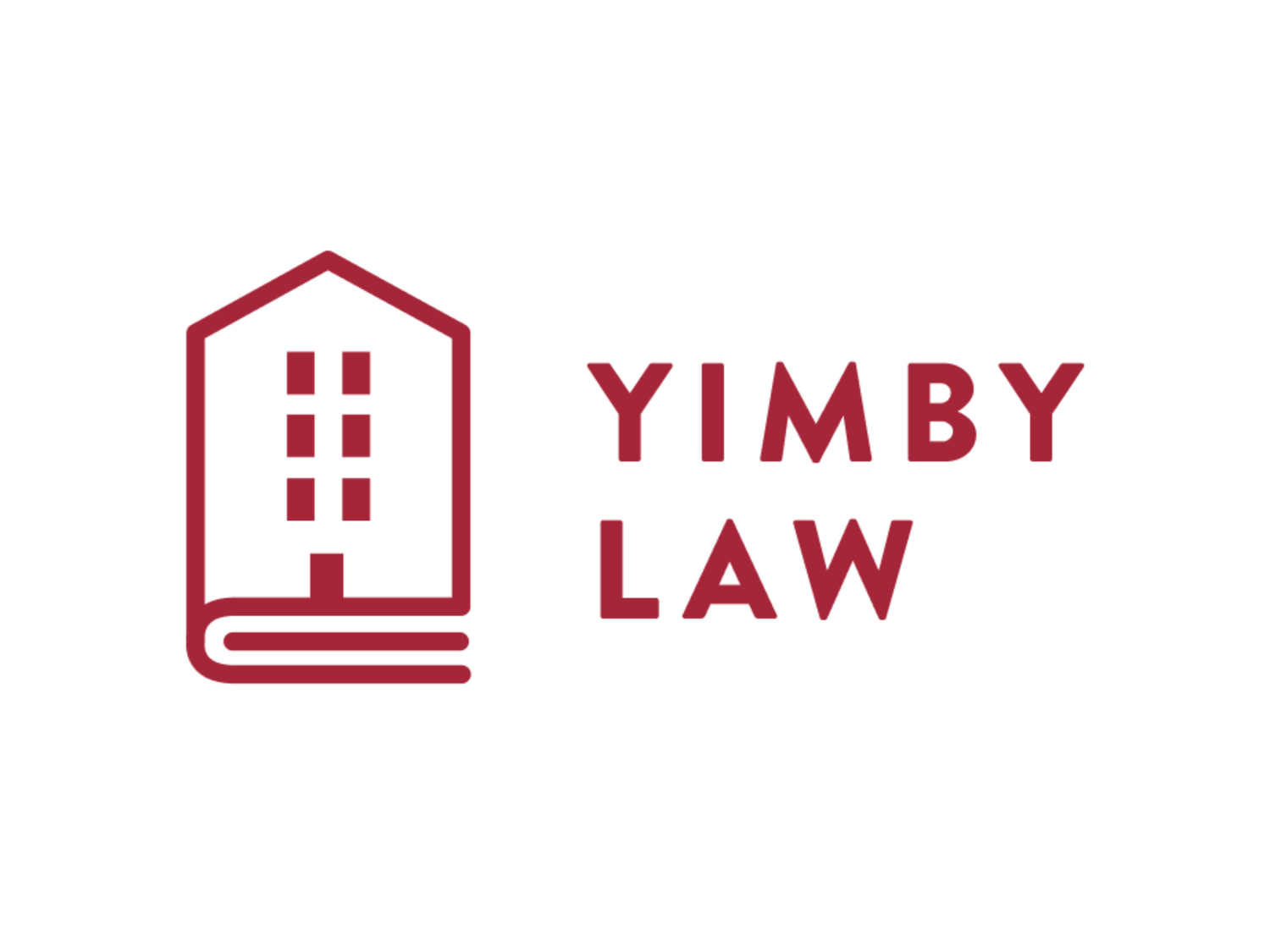“Due process.” If you’re an American with a pulse and you’ve ever read, heard, said, or written anything about constitutional law, there’s a good chance that “due process” figured somewhere in your experience. But what does “due process” mean?
This post covers an awful lot of ground, about which entire courses are taught in law school. To revisit our last post, “due process” was originally a requirement of the Fifth Amendment, which only applied to the federal government. The Fourteenth Amendment (1868) made “due process” applicable to the States. That’s had a ton of consequences. Let’s go.
TWO KINDS OF “DUE PROCESS”
American law recognizes two kinds of “due process,” and yes, that’s confusing. There’s “procedural due process,” a redundant but honest term. Then there’s “substantive due process,” which, well…
Let’s start with “procedural” due process, “which sounds redundant.” Braley v. Pontiac, 906 F.3d 220, 228 (6th Cir. 1990) (Nelson, J., concurring). “The fundamental requirement of [procedural] due process is the opportunity to be heard ‘at a meaningful time and in a meaningful manner’” before the government “deprive[s]” one of “life, liberty, or property.” U.S. Const., amend. XIV, § 1; Mathews v. Eldridge, 424 U.S. 319, 333 (1976). Think of procedural due process as a “no shenanigans” rule. Your correspondent has helped win a few precedents against procedural shenanigans: Platt v. Moore, 15 F.4th 895 (9th Cir. 2021) (forfeiture statute violates due process); State v. Johnson (In re $39,500), 521 P.3d 621 (Ariz. Ct. App. 2022) (forfeiture judgment violates due process); City of Charlestown v. Charlestown Pleasant Ridge Neighborhood Ass’n, 111 N.E.3d 199 (Ind. Ct. App. 2018) (code enforcement must follow state statute). Procedural due process violations aren’t uncommon, and it’s often possible to get a favorable judgment when the government refuses to back down. But procedure isn’t substance, and procedural precedents aren’t the most portable.
Enter “substantive” due process, an “oxymoron” that one author memorably skewered as “sort of like ‘green pastel redness.’” Ely, Democracy & Distrust 18 (1980); Calabresi, Substantive Due Process After Gonzales v. Carhart, 106 Mich. L. Rev. 1517, 1531 (2008). The truth is that this doctrine compensates for the exile of privileges or immunities. Having written fundamental rights out of the Fourteenth Amendment in The Slaughter-House Cases, 83 U.S. (16 Wall.) 36 (1873), the Supreme Court had to make up for its error eventually.
SOME RIGHTS GET MORE “PROCESS” THAN OTHERS (SCOTUS SAYS)
The Bill of Rights didn’t use to apply to state and local governments—the Fourteenth Amendment (and specifically, SCOTUS says, the Due Process Clause) changed that. In Timbs v. Indiana, 586 U.S. __ (slip op.) (2019), the Notorious R.B.G. wrote for a basically unanimous Court that “the Excessive Fines Clause [of the Eighth Amendment] is … incorporated by the Due Process Clause of the Fourteenth Amendment.” Timbs was the most recent in a long line of cases outlining a doctrine called “selective incorporation.” We don’t have space to cover it all here, so to try anyway, the Court spent more than a century piecemealing the Bill of Rights into force against state and local governments. See Timbs (Eighth Amendment—excessive fines); McDonald v. City of Chicago, 561 U.S. 742 (2009) (Second Amendment—right to bear arms); Schilb v. Kuebel, 404 U.S. 357 (1971) (Eighth Amendment—excessive bail); Benton v. Maryland, 395 U.S. 784 (1969) (Fifth Amendment—double jeopardy); Duncan v. Louisiana, 391 U.S. 145 (1968) (Sixth Amendment—trial by jury in criminal cases); Washington v. Texas, 388 U.S. 14 (1967) (Sixth Amendment—compulsory process); Klopfer v. North Carolina, 386 U.S. 213 (1967) (Sixth Amendment—speedy trial); Pointer v. Texas, 380 U.S. 400 (1965) (Sixth Amendment—right to confront adverse witness); Malloy v. Hogan, 378 U.S. 1 (1964) (Fourth Amendment—warrant requirement); Gideon v. Wainwright, 372 U.S. 335 (1963) (Sixth Amendment—assistance of counsel); Robinson v. California, 370 U.S. 660 (1962) (Eighth Amendment—cruel and unusual punishment); Mapp v. Ohio, 367 U.S. 643 (1961) (Fourth Amendment—exclusionary rule); Wolf v. Colorado, 338 U.S. 25 (1949) (Fourth Amendment—unreasonable searches and seizures); In re Oliver, 333 U.S. 257 (1948) (Sixth Amendment—right to public trial); Everson v. Bd. of Educ., 330 U.S. 1 (1947) (First Amendment—establishment of religion); Cantwell v. Connecticut, 310 U.S. 296 (1940) (First Amendment—free exercise of religion); De Jonge v. Oregon, 299 U.S. 353 (1937) (First Amendment—freedom of assembly); Near v. Minnesota ex rel. Olson, 283 U.S. 697 (1931) (First Amendment—free press); Gitlow v. New York, 268 U.S. 652 (1925) (First Amendment—free speech); Chi., Burlington & Quincy R.R. Co. v. Chicago, 166 U.S. 226 (1897) (Fifth Amendment—just compensation for takings).








